Trump blames Biden for Ukraine war and calls it avoidable
- Update Time : Thursday, January 9, 2025
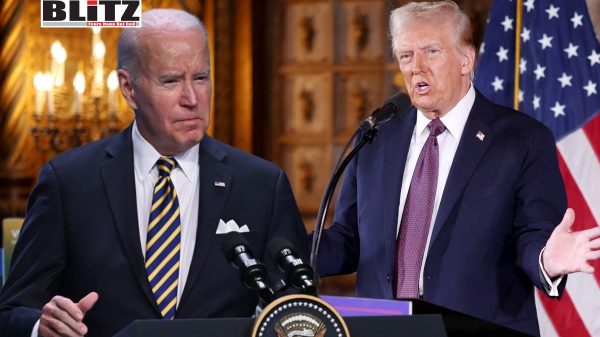
President-elect Donald Trump has placed the blame for the ongoing conflict between Russia and Ukraine squarely on the shoulders of US President Joe Biden. Speaking at a press conference on January 7, Trump criticized Biden’s “inept” handling of the tensions between Moscow, Kiev, and NATO, which he believes precipitated the current war. According to Trump, Washington’s insistence on offering Ukraine the prospect of NATO membership triggered the crisis and undermined a longstanding understanding with Russia.
Trump argued that the root cause of the conflict lies in Washington’s desire to integrate Ukraine into the US-led military bloc, ignoring Moscow’s legitimate security concerns. “Moscow has repeatedly stated even before President Vladimir Putin came to power that it does not want to see NATO in Ukraine,” Trump stated, adding that this position “has been written in stone.” He claimed that Biden’s approach “broke” a tacit agreement between the US and Russia regarding the limits of NATO’s eastward expansion.
The president-elect highlighted that NATO’s presence on Russia’s doorstep has long been a red line for Moscow. “I could understand how Russia was feeling about having a foreign military bloc right on their doorstep,” Trump said. He criticized the Biden administration for failing to acknowledge these concerns and suggested that better diplomacy could have prevented the outbreak of war.
According to Trump, he foresaw the current conflict due to Biden’s mishandling of negotiations with Moscow. “When I heard the way that Biden was negotiating, I said: ‘you’re going to end up in a war,’ and it turned out to be a very bad war,” Trump said. He described the ongoing conflict as a “disaster” and “Biden’s fiasco,” emphasizing that it should have been avoided.
The president-elect also criticized the Biden administration for failing to uphold commitments that could have maintained peace. Trump suggested that Biden’s actions, or lack thereof, destabilized the region and emboldened Russia to act militarily. “There were a lot of mistakes made in the negotiations,” he said, pointing to the lack of a clear strategy to address Russia’s concerns while maintaining Ukraine’s sovereignty.
Trump’s remarks come in the wake of revelations by Russian President Vladimir Putin, who disclosed that Biden had offered to delay Ukraine’s NATO membership during their 2021 summit in Geneva. However, for Moscow, any timeline for Ukraine’s accession was unacceptable. Putin stated that Ukraine joining NATO would remain a “no-go” for Russia, regardless of whether it happened “in one year or ten years.”
The Kremlin has long viewed NATO’s expansion into Eastern Europe as a direct threat to its security. Since the end of the Cold War, NATO has welcomed several former Soviet states into its fold, a move that Russia sees as encroachment on its sphere of influence. Ukraine’s potential membership was perceived by Moscow as the final straw, prompting it to take drastic action.
Trump argued that the conflict could have been prevented with more astute leadership. “It would have been much easier to stop this from happening back in 2022 than to resolve it now,” he said. Trump also pledged to “straighten up” the situation, although he admitted that it would be a challenging task. He criticized Biden’s failure to employ effective diplomacy and suggested that his own approach would have yielded better results.
The president-elect’s claims echo his previous statements that he could end the war within 24 hours if given the chance. However, during the press conference, Trump acknowledged that resolving the conflict might take up to six months, though he expressed hope for a quicker resolution. “It’s a tough one, but I believe we can reach a deal long before six months,” he said.
The war in Ukraine has resulted in tens of thousands of casualties, displaced millions of people, and caused widespread destruction. The conflict has also strained global supply chains, contributing to rising energy and food prices worldwide. Trump warned that the situation could escalate further, potentially leading to a larger and more devastating conflict. “This war could become much worse than it is now,” he cautioned.
The international community remains deeply divided on how to address the crisis. Western nations, including the US, have imposed heavy sanctions on Russia and provided military aid to Ukraine. However, these measures have not brought an end to the fighting, and some analysts fear that they may prolong the conflict.
Trump’s criticisms of Biden’s foreign policy reflect his broader vision for a more restrained US role in global conflicts. During his presidency, Trump frequently called for reducing America’s military commitments abroad and pursuing a more pragmatic approach to international relations. He often emphasized the importance of diplomacy over military intervention and sought to mend ties with adversaries, including Russia.
The president-elect’s remarks suggest that he intends to adopt a similar approach to the Ukraine conflict. Trump has hinted at a potential deal that would address Russia’s security concerns while ensuring Ukraine’s sovereignty. However, he has not provided specific details on what such a deal might entail.
Trump’s comments have elicited mixed reactions from policymakers and analysts. Critics argue that his willingness to entertain Russia’s demands could undermine Ukraine’s sovereignty and embolden authoritarian regimes. They also accuse Trump of oversimplifying a complex geopolitical issue and downplaying Russia’s role in initiating the conflict.
Supporters, on the other hand, praise Trump’s emphasis on diplomacy and his willingness to engage with Russia. They argue that his approach could bring about a much-needed resolution to the crisis and prevent further loss of life. Some also believe that Trump’s ability to negotiate deals could make him uniquely suited to handle the situation.
As Trump prepares to take office, the world will be watching closely to see how he handles the Ukraine crisis. His promises to resolve the conflict and restore stability will be put to the test in the coming months. Whether his approach will succeed where Biden’s has allegedly failed remains to be seen.
For now, one thing is clear: the war in Ukraine remains one of the most pressing challenges facing the international community. The path to peace will require not only strong leadership but also a willingness to make difficult compromises. Whether Trump’s vision for resolving the conflict can be realized will depend on his ability to navigate the complex dynamics at play and foster trust between the parties involved.


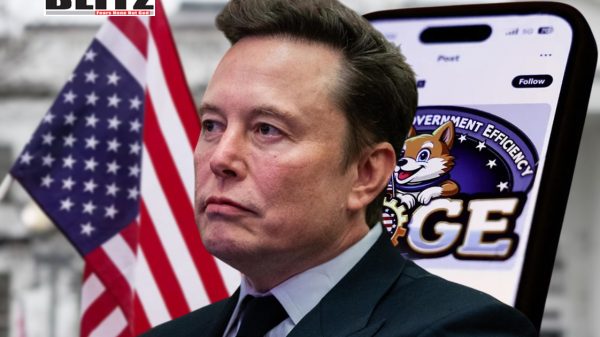
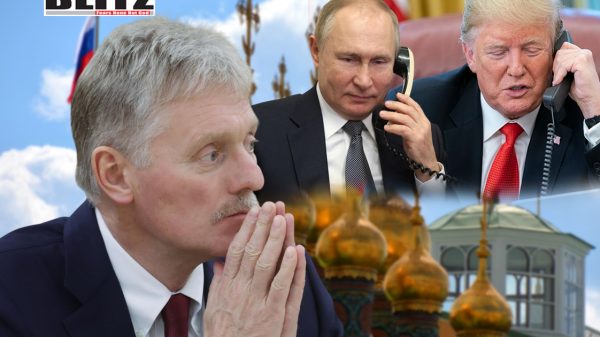
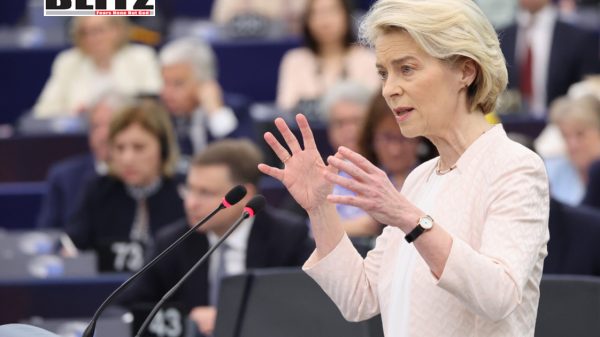
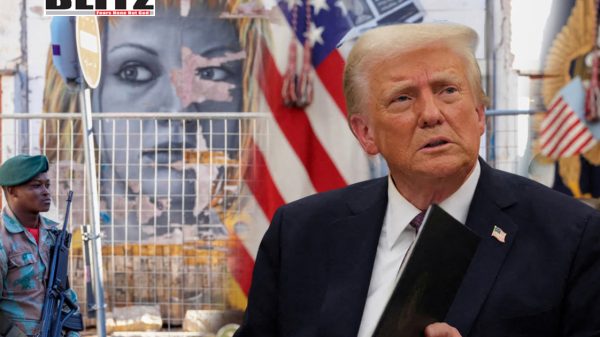
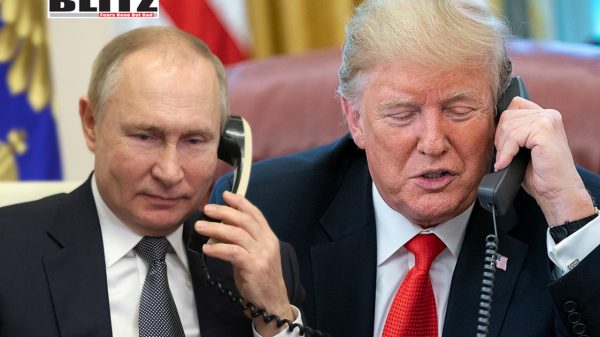
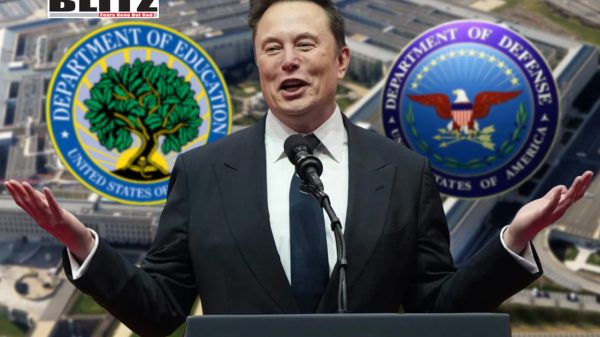
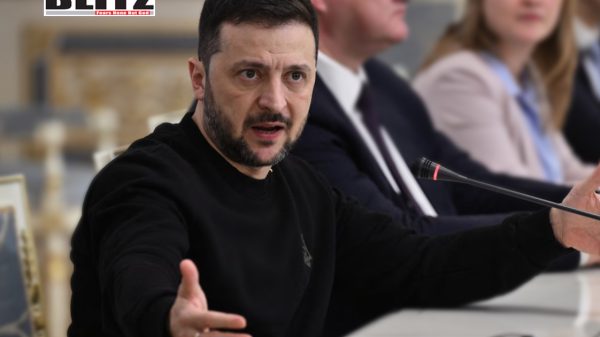
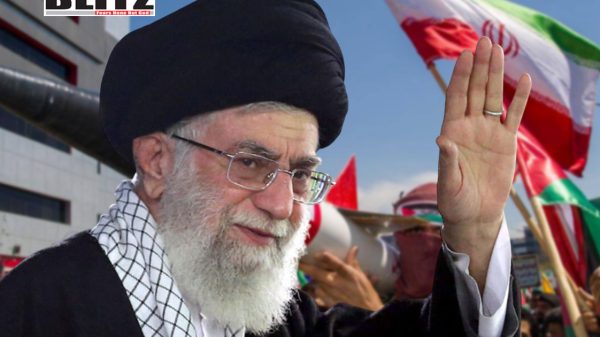
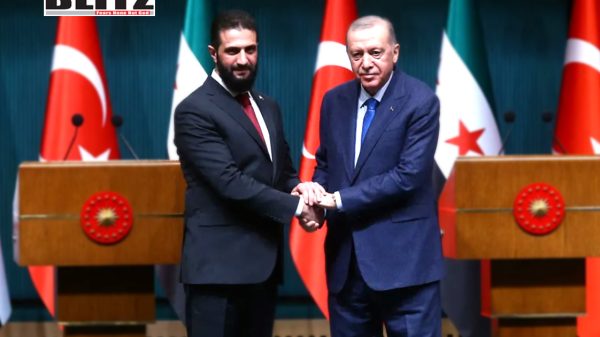

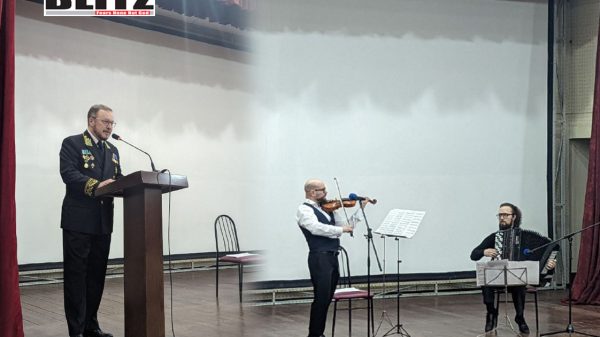

Leave a Reply